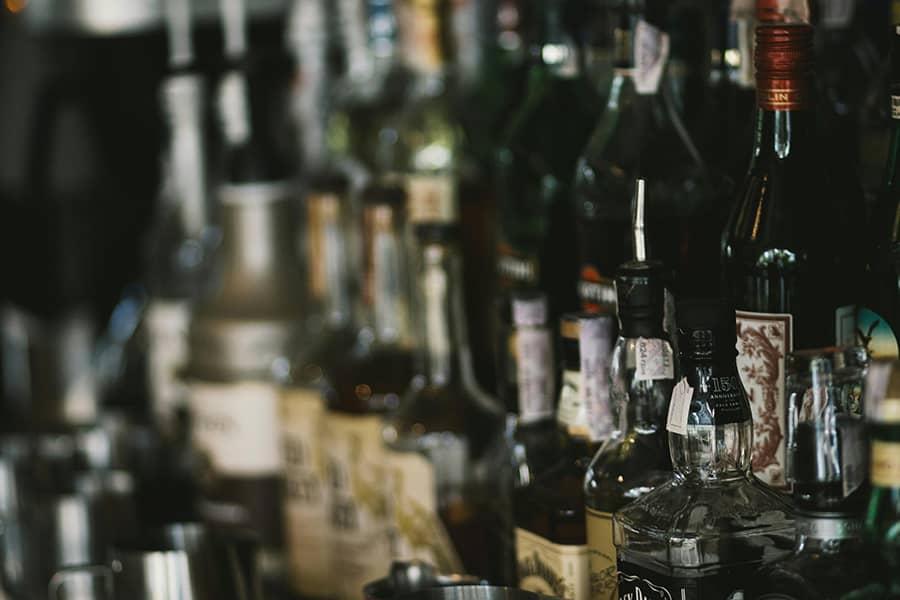Opening a business that involves the sale and service of alcoholic beverages in Illinois requires careful consideration of the type of liquor license that best suits your establishment. The City of Chicago as well as every other city in Illinois has established various classes of liquor licenses to regulate and categorize businesses, ensuring that they adhere to specific guidelines. In this blog post, we’ll explore the different classes of liquor licenses available in Illinois, focusing on the application process for each.
Tavern License: Pouring Ambiance into Nightlife
If your business revolves around selling alcohol as the primary source of revenue, obtaining a Tavern License is essential. This license applies to bars, nightclubs, taverns, pubs, and lounges. However, keep in mind that moratorium restrictions may apply in certain districts, so working with a liquor expert is essential.
The application process involves several inspections, including criminal history, onsite, health, fire, plumbing, ventilation, and a review by the Local Liquor Control Commission. The fees for a Tavern License amount to $4,400.00, with a $40.00 one-time publication fee. This license is valid for two years, and renewal is required to continue operations.
Packaged Goods License: Sealed Success for Retailers
For businesses focused on retailing alcoholic liquor in sealed containers, the Packaged Goods License is a necessity. This license is applicable to grocery stores, convenience stores, and liquor stores. Like the Tavern License, it involves inspections and a $4,400.00 fee, with a $40.00 one-time publication fee. Renewal is required every two years.
Consumption on Premises-Incidental Activity License: Savoring Success in Hospitality
Restaurants, hotels, banquet halls, theaters, and bowling alleys looking to sell alcohol as a secondary activity must obtain a Consumption on Premises-Incidental Activity (COP-IA) License. Moratorium restrictions don’t apply to restaurants seeking a COP-IA License, but other businesses may be subject to them. Additional licenses may be required based on the business activity.
The application process involves criminal history, onsite, health, fire, plumbing, ventilation inspections, and a review by the Local Liquor Control Commission. The fees are $4,400.00, with a $40.00 one-time publication fee, and the license is valid for two years.
Caterer’s License: Bringing Spirits to Events
Catering companies or restaurants within the City of Chicago can obtain a Caterer’s License to cater alcoholic beverages off-site. The requirements include criminal history, onsite, health inspections, and a review by the Local Liquor Control Commission. The fees are $4,400.00 ($2,200.00 for holders of a COP-IA License), with a $40.00 one-time publication fee, and renewal is required every two years.
Caterer’s Registration: Extending Services Beyond City Limits
Caterers or restaurants outside the City of Chicago can secure a Caterer’s Registration to cater events within the city limits of Chicago. Requirements include a local municipality food and liquor license, a health inspection report, a certificate of liquor liability insurance, and a food sanitation certificate. The fee for this registration is $6,600.00, and renewal is required every two years.
Secondary & Special Liquor Licenses: Tailoring to Unique Business Models
For businesses seeking additional privileges, such as selling liquor on an outdoor patio or operating beyond regular closing hours, secondary licenses are available. These include the Outdoor Patio License and the Late Hour License, each with its specific requirements, inspections, fees, and renewal terms.
Outdoor Patio Licenses require a site plan, outdoor floor plan, Liquor Liability Insurance Certificate, and an occupancy placard, along with following inspections onsite, DOB-Special Inspection & Local Liquor Control Commission. The fees are $1,760.00 for holders of a COP-IA License), with a $40.00 one-time publication fee, and renewal is required every two years.
Late Hour Licenses require a site plan, floor plan, Late Hour Petition and related documents, along with a Local Liquor Control Commission inspection. The fees are $6,000.00 for holders of a COP License), with a $40.00 one-time publication fee, and renewal is required every two years.
Other Special Liquor Licenses: Exploring Unique Opportunities
If you’re interested in selling liquor at iconic locations like Riverwalk, Lakefront, or Navy Pier, a consultation is the key to gaining more information and guidance.
Conditional Approval: Mitigating Risks for New Ventures
Recognizing the financial commitment and risks associated with opening a new business, the City offers a conditional approval process for businesses applying for a COP-IA, Packaged Goods, or Tavern License. This process provides assurance that a liquor license will be issued once the facility is completed and passes all required inspections. After the initial conditional approval, businesses have one year to complete construction and pass inspections.
Smooth Sailing Through Illinois Liquor Licensing: Your Path to Success in Chicago
In conclusion, navigating the liquor licensing process in Illinois requires careful attention to the specific requirements of each license class. Whether you’re opening a tavern, retail business, or catering service, understanding the regulations and following the proper procedures is essential for a smooth and successful application process. Having an experienced liquor license expert on your side will help you navigate through this process as quickly and smoothly as possible. Call 1818 today!
Cheers to a thriving business in the vibrant landscape of Chicago!



